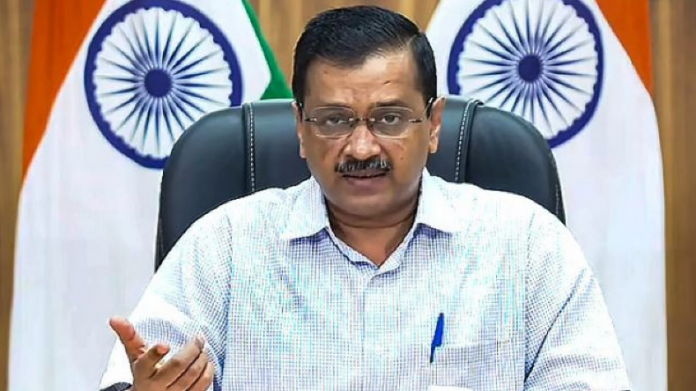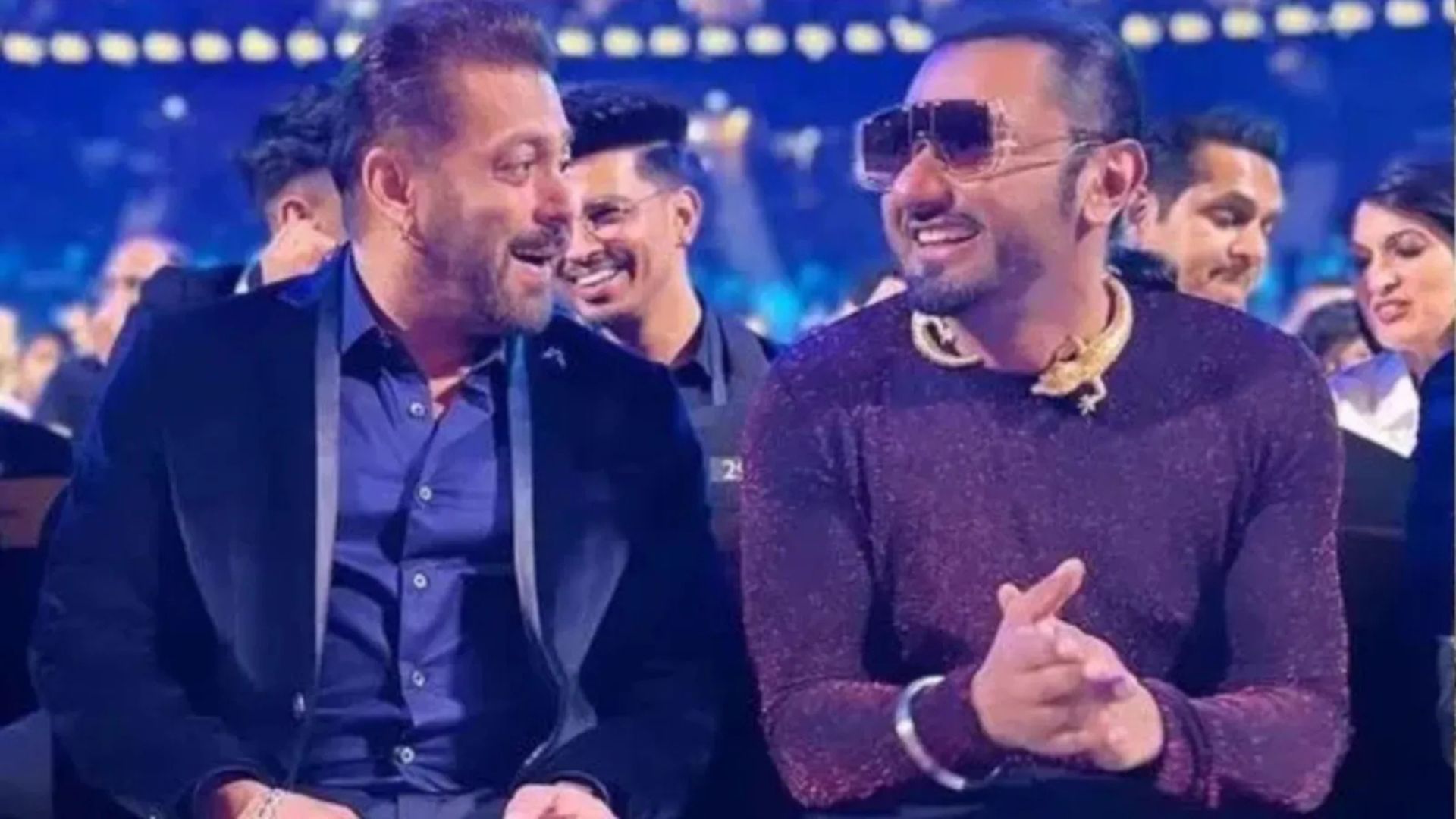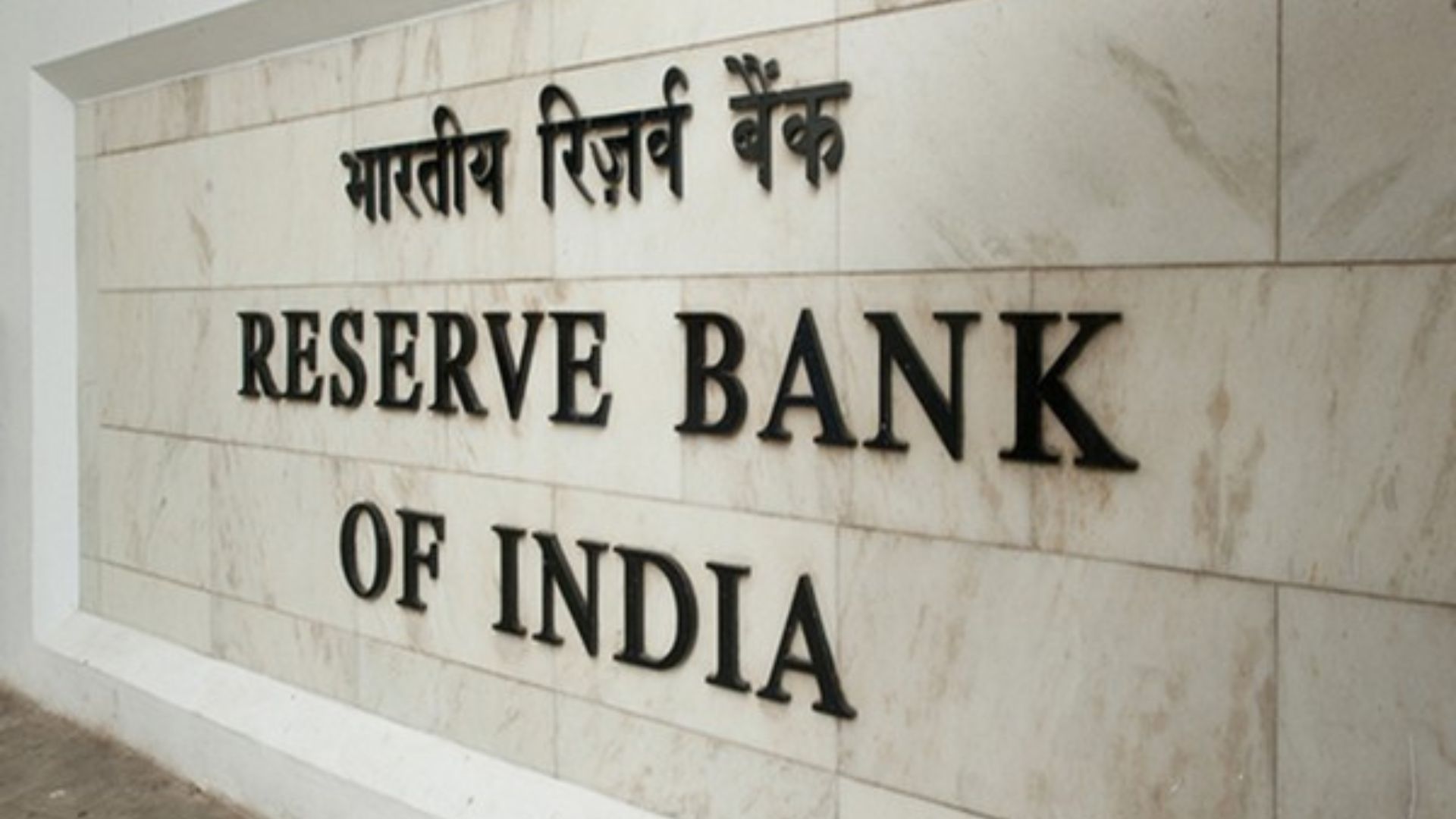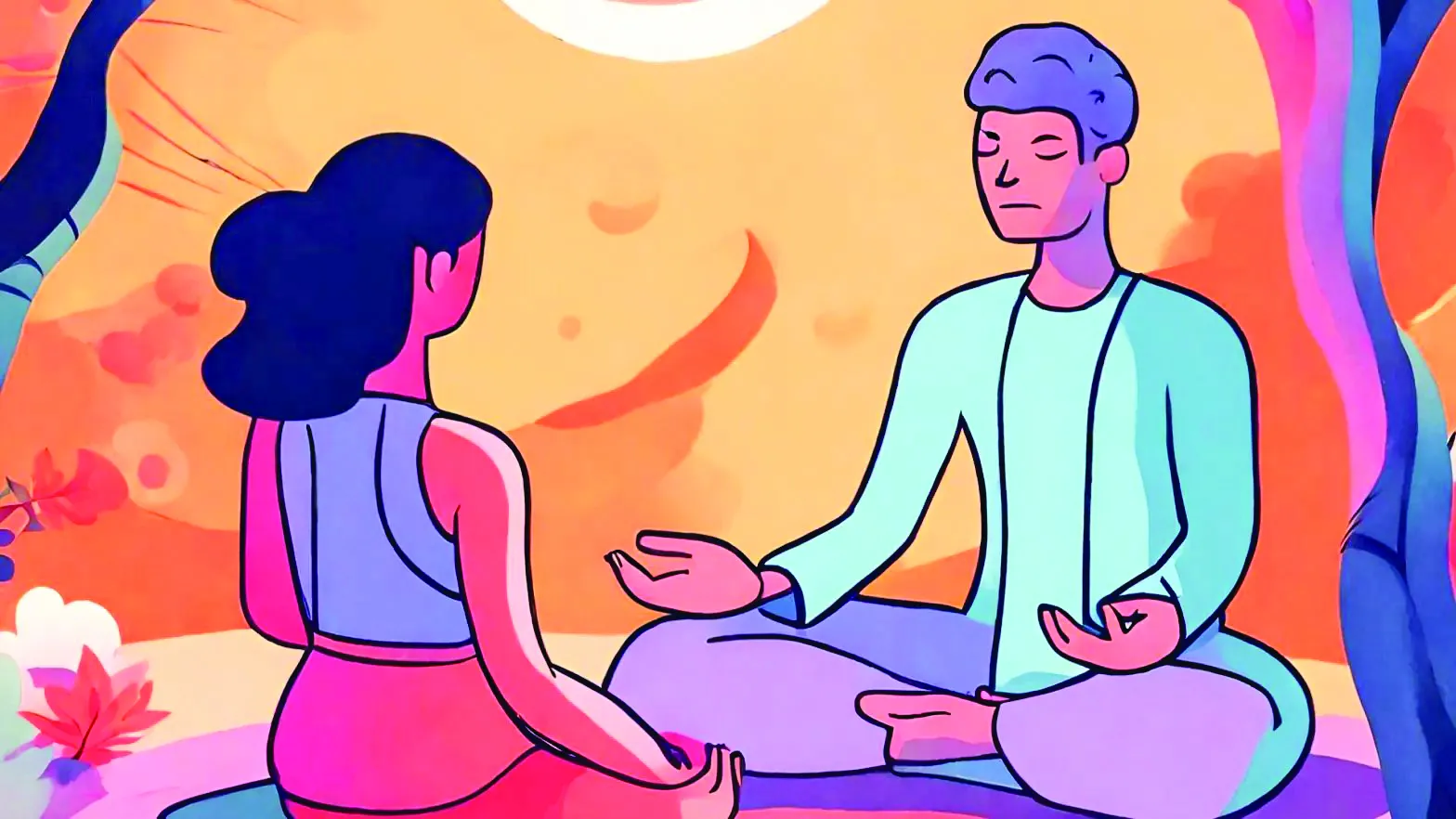The Aam Aadmi Party (AAP) on Wednesday expressed “in principle” support for the Uniform Civil Code (UCC), but added that extensive consultations with all stakeholders were required.
“In principle, we support the Uniform Civil Code (UCC), as Article 44 also states that the country should have UCC.” However, it should only be implemented after extensive public consultation. We believe that broad consultation with all religions, political parties, and organizations should take place in order to reach a consensus,” AAP national general secretary Sandeep Pathak told reporters.
While making a strong case for UCC, Prime Minister Narendra Modi stated on Tuesday that India cannot operate under “two laws” when the Indian Constitution calls for equality for all. He inquired as to how different rules could be applied to different family members.
“Will a family function if there are two different sets of rules for people?” he asked BJP workers during the party’s “Mera Booth Sabse Majboot” campaign in poll-bound Madhya Pradesh. So, how will a country function? “Equal rights are guaranteed in our Constitution as well.”
Meanwhile, Congress slammed the prime minister’s pitch for the UCC as a distraction from the debate over a single set of rules for all religions in the country.
The comparison of a family and the nation to justify the Uniform Civil Code, as PM Modi did in his address to party workers in Madhya Pradesh, according to Congress leader P Chidambaram, is flawed.
“Blood relationships bind a family together.” A Constitution, which is a political-legal document, binds a nation together. Even within a family, there is variation. “The Indian Constitution recognized diversity and plurality among Indians,” Chidambaram said.













